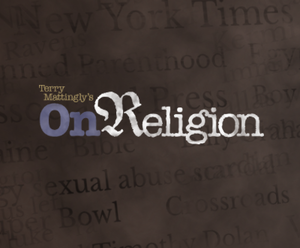On the Sunday after 9/11, thousands of New Yorkers went to church, with many joining a line stretching outside the Redeemer Presbyterian services in a Hunter College auditorium.
The Rev. Tim Keller asked his staff if they could manage a second service -- doubling the day's attendance to 5,300. Keller's sermon, "Truth, Tears, Anger and Grace," began with Jesus weeping before raising Lazarus from the dead.
Many Americans were "coming to New York to fix things," he noted. "We are glad for them. They will try to fix the buildings. We need that. And eventually they will leave. But when Jesus weeps, we see that he doesn't believe that the ministry of truth -- telling people how they should believe and turn to God -- or the ministry of fixing things is enough, does he? He also is a proponent of the ministry of tears. The ministry of truth and power without tears isn't Jesus."
This sermon contained major themes from the life and work of Keller, who died on May 19 death at age 72, after a three-year battle with Pancreatic cancer. Instead of seeking quick fixes, especially through politics, he kept urging conservative Protestants to stress compassion and face-to-face ministry, while continuing to defend centuries of Christian doctrine.
In Keller's case, that meant building a church for New Yorkers that addressed their blunt, exhausting, even cynical, concerns about life.
In that first sermon after 9/11, Keller noted that everyone had an opinion about New York City and America as a whole. Some were claiming that "God is punishing us" because of rampant immorality. Others said America had been judged because of social injustice and greed. Instead of blaming the victims, Keller said it was time to ask who would stand their ground and love their neighbors.









